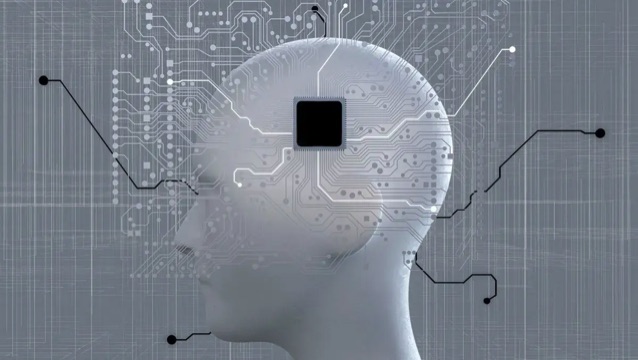Jaimie Henderson was naturally very interested in people who lose the ability to communicate because, when he was five years old, his father was involved in a very serious car accident. which left him with severe speech impediment.“He kept telling jokes, and I laughed at his jokes, but I couldn’t understand him because his ability to speak was so impaired,” he said. That led Henderson to study how neurons encode movement and speech, and then search for ways to recover those abilities in people with neurological damage. Henderson is the lead author of one of the two papers published in "nature" that offer hope for many people, like his father, to regain their ability to communicate.The first patient was Pat Bennet, a 68-year-old woman who was diagnosed with ALS (amyotrophic lateral sclerosis) in 2012. Of the various manifestations of the disease, Bennet has a version that has allowed her to continue to move, albeit with increasing difficulty, but robbed her of her speech. Although her brain is not impaired in its ability to generate language, the muscles in her lips, tongue, larynx and jaw do not allow her to say anything.That problem was solved, at least in part, with two sensors — smaller than a fingernail in size — implanted in her brain to collect signals from individual neurons in two regions associated with language: the ventral premotor cortex and Broca’s area (the latter was not useful for the purpose of the study). The researchers used these neural implants and software to link the brain signals and Bennet’s attempts to pronounce words. After four months of learning, the system combined all this information with a computer language model that made it possible for the patient to produce sentences at 62 words per minute. The figure is just under half the speed of normal speech and, using a vocabulary of more than 100,000 words, there was one error for every four words spoken, but the results are three times better than similar communication systems that have been tested to this pointLondon 23. August 2023-pw-
Jamie Henderson
Imprint/ImpressumTo protect your privacy we neither store cookies nor use any google add-ons such as google analytics |


